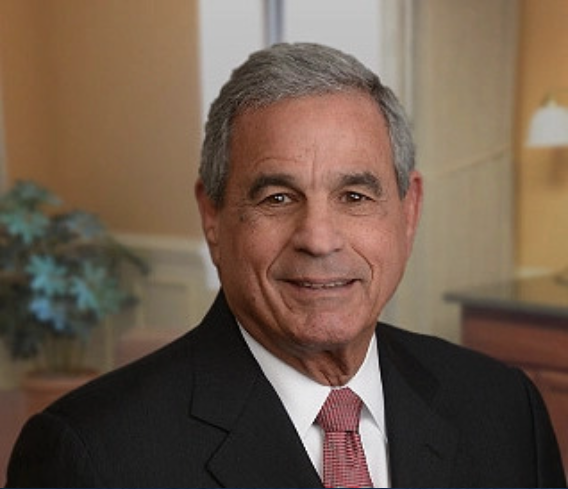Sobriety checkpoints are used by law enforcement departments to keep the roadways free of drivers under the influence of alcohol or drugs. Depending on logistics and traffic volume, officers at the DUI stop will check every driver or single out cars at random intervals. Once the car is stopped, police officers observe the driver and assess their sobriety to determine if they can return to the road.
While these stops often result in DUI charges, law enforcement agencies claim that the real goal of the checkpoint is to maintain a police presence and remind drivers that they risk being caught and paying a steep price for operating their vehicle when they are over the legal limit. Still, the practice is controversial. Critics say that the use of these checkpoints is unconstitutional.
Does the Law Allow Checkpoints?
The use of these routine traffic stops is prohibited in some states, but legal by federal standards. Some states require that an officer must have a reasonable suspicion that a driver is intoxicated, such as weaving in and out of lanes or exhibiting other unsafe driving behaviors in order to initiate a traffic stop.
Federal law on the matter was established in 1990 when the Supreme Court ruled that the interest in public safety outweighed the claim that such random searches violated the Fourth Amendment protection against unreasonable search and seizures.
Several states decline to employ the procedure due to the fact that they are considered unlawful as a matter of an established statute or specifically under the state constitution.
In New Jersey, as in the majority of states, the practice of officers setting up roadblocks to randomly check the sobriety status of drivers is considered legal, as a rule.
Sometimes, however, the practice can be instituted unlawfully and some of the checks can overstep the authority vested in the inspecting officers. In other words, just because the state law allows officers to set up a sobriety checkpoint, it does not necessarily mean that it was implemented according to the law.
When Does a Routine Check Cross the Line?
Though the Supreme Court’s ruling allows for routine DUI stops, the procedure can be taken too far and become legally problematic. Some officers take things too far and impede on the rights of individuals in a way that breaks the law. For example, a driver being detained for an unreasonable amount of time or having their car searched could claim that their rights were violated.
Contact a Haddonfield DUI Lawyer at Law Offices of Agre & St. John
If you were pulled over at a DUI checkpoint and feel that your rights were violated, you may have a case against the offending officers. An experienced Haddonfield DUI lawyer at the Law Offices of Agre & St. John can help you determine if the law enforcement personnel conducting the stop overstepped their authority or violated your constitutional rights. Call our Haddonfield, New Jersey office at 856-428-7797 or contact us online. We serve clients throughout South Jersey, including the areas of Burlington County, Camden County, Gloucester County, and Salem County.











